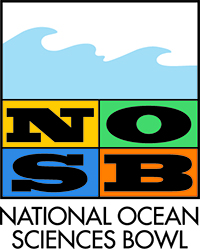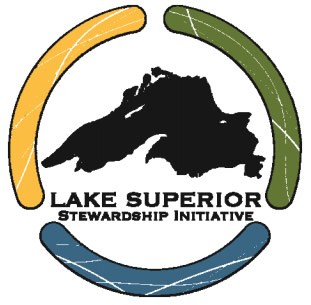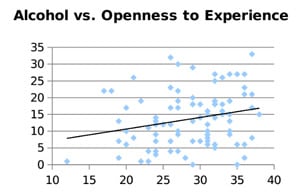Your Typing Style Can Reveal Your Emotions
In a new study, researchers asked a small group of people to type a block of sample text, and then analyzed the keystrokes and characteristics to see if they could identify any of seven different emotional states: joy, fear, anger, sadness, disgust, shame or guilt.
The newly described emotion-detecting system “does not look like a breakthrough,” Myounghoon Jeon, an assistant professor of applied cognitive science at Michigan Technological University who was not involved in the study, told Live Science. “But [the researchers’] effort to integrate the existing methods looks fair, positive and promising.”
However, Jeon said the method of detecting emotions in text that was used in this study has some limitations.



